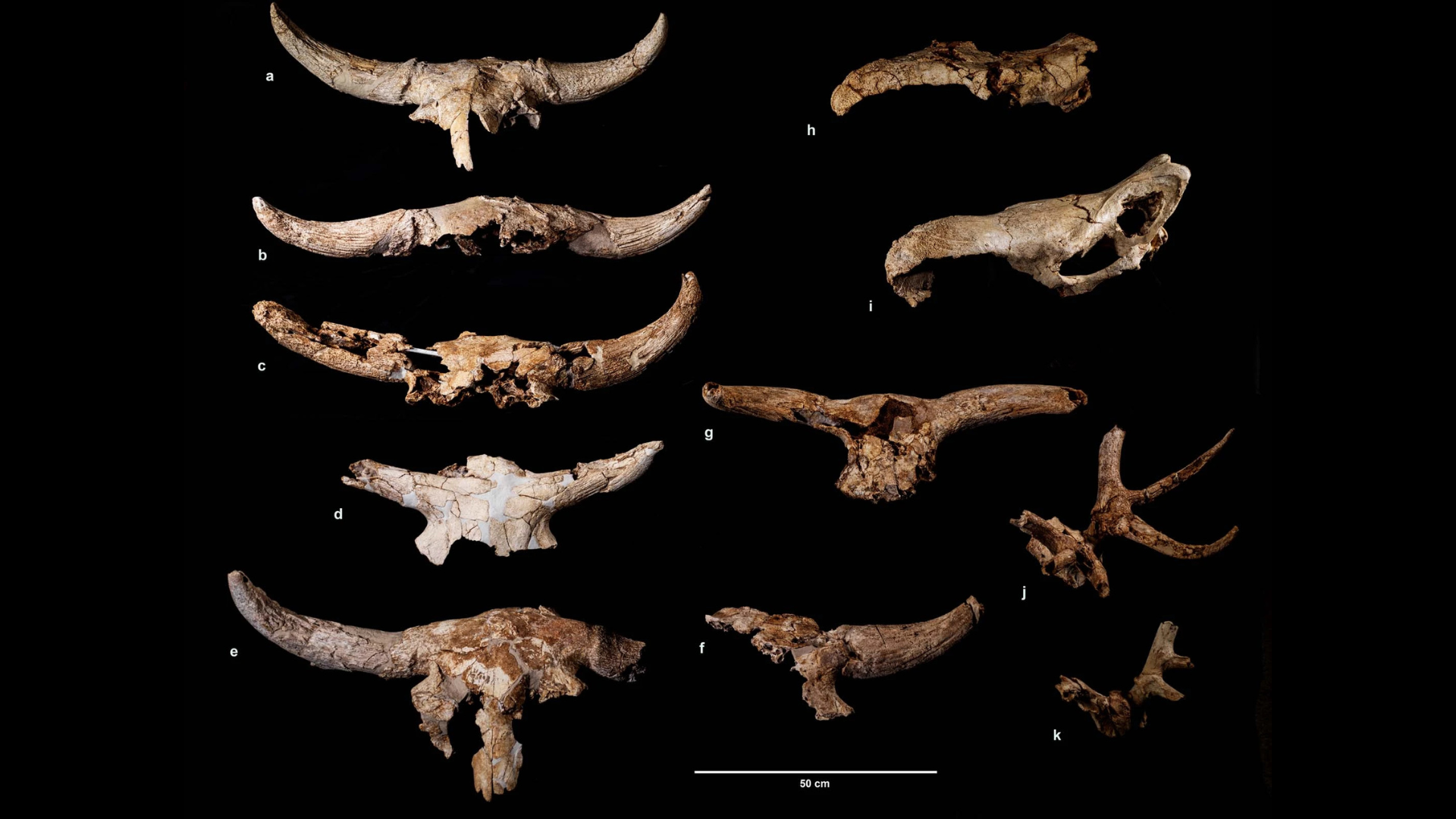Gene Mutation in Schizophrenia Linked to Mental Disorders
A genetic mutation that is associated with schizophrenia may also be implicated in other major mental illnesses when the individual’s mother experiences an assault on her immune system. That is the conclusion inferred by a mouse study conducted by Johns Hopkins researchers.
“Psychiatric diseases have genetic roots, but genes alone do not explain the entire disease,” says Mikhail V. Pletnikov, M.D., Ph.D., the study’s leader and an associate professor of psychiatry and behavioral sciences at the Johns Hopkins University School of Medicine.
In the study, mice who were predisposed to schizophrenia actually developed mood and anxiety disorders instead. This finding suggests that one gene mutation can lead to another kind of mental illness when influenced by the same environmental factor.
“When we study genes in conjunction with environmental challenges, we can better understand how diseases develop,” said Pletnikov.
“The main goal here is to understand how gene-environment interactions take place on the molecular level so that you can find suitable drug targets, ultimately stopping these diseases before they happen,” he says. “It all can start before birth.”
Researchers focused on a mutant human form of the Disrupted-in-Schizophrenia 1 gene (mhDISC1), which is believed to be linked to a vulnerability to major mental illnesses. Laboratory mice, bred with the mhDISC1 mutation, were impregnated, and on the ninth day of gestation (equal to the middle or end of the first trimester in a human pregnancy), one group was given a drug to trigger a reaction in the immune system, as if it had been threatened by a a virus such as influenza or a parasite like toxoplasma. The other group of mice, who also had the mutated gene, were used as a control group but their immune systems were left alone.
The results revealed that the babies of the mhDISC1 mice whose immune systems had been triggered displayed behavioral abnormalities that were non-existent in the babies of the control mice. These traits included heightened anxiety, depression-like responses, altered social characteristics and a lower response to stress.
Get the world’s most fascinating discoveries delivered straight to your inbox.
This may help explain, Pletnikov notes, why the extended Scottish family in which scientists first discovered this mutated gene experienced not only schizophrenia in their family, but also bipolar disorder and major depression. “This one gene mutation can lead to very different clinical manifestations,” Pletnikov says.
The research also revealed that parts of the brain, including the hypothalamus and the amygdala, were smaller in the mice with the immune system challenge. Humans with major depression and bipolar disorder have a similar abnormality in their brains.
Prior research has suggested that an immune response during pregnancy, whether a major illness or just fleeting flu-like symptoms — may be the reason for the increased occurrence of adult psychopathology in humans. However, this hypothesis has been difficult to prove, Pletnikov says. With the mouse model, though, it becomes possible to observe the relationship between the gene and the environment and how an interaction may trigger mental illness.
Pletnikov believes the research should be replicated to better understand these relationships. Future studies, he says, need to address whether or not the timing of the immune response or if the triggering of various parts of the immune system could lead to specific psychiatric illnesses; these studies should also look into the consequences of other negative factors such as stress or drug abuse.
The study appears in the December issue of the journal Biological Psychiatry.

 Live Science Plus
Live Science Plus





